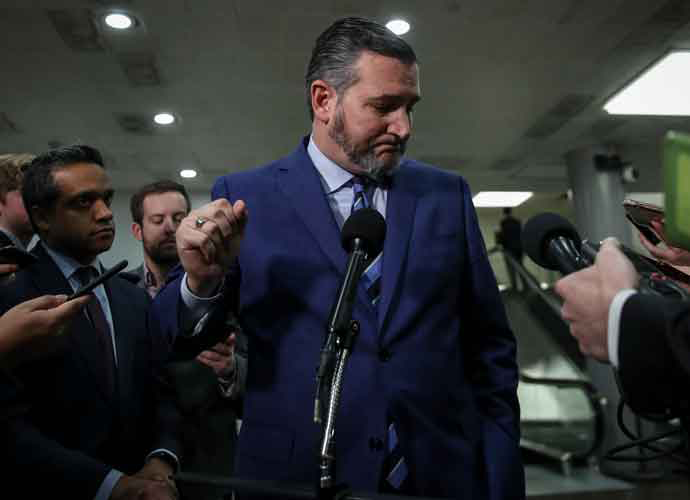After Senate Unanimously Passes ‘No Tax On Tips Act,’ Critics Worry It Will Cement ‘Outdated’ Tipping System
In an unexpected move, the Republican-led Senate unanimously passed the No Tax on Tips Act, legislation that was brought to a vote by a Democratic senator.
Originally introduced by Sen. Ted Cruz (R-Texas) earlier this year, along with a bipartisan group of co-sponsors, including both Democratic senators from Nevada, Jacky Rosen and Catherine Cortez Masto. Rosen brought the bill up for “unanimous consent” in the Senate, meaning any senator could block it. All senators agreed and passed the bill to the House of Representatives.
The legislation creates a tax deduction of up to $25,000 for cash tips for employees who earn $160,000 or less in 2025.
This bill follows through on promises that both presidential candidates made on the campaign trail last year. Both Trump and former Vice President Kamala Harris backed versions of this bill in their campaigns for the Oval Office.
Subscribe to our free weekly newsletter!
A week of political news in your in-box.
We find the news you need to know, so you don't have to.
“Nevada has more tipped workers per capita than any other state. So this bill would mean immediate financial relief for countless hard-working families,” Rosen said. “No Tax on Tips was one of President Trump’s key promises to the American people, which he unveiled in my state of Nevada. And I am not afraid to embrace a good idea, wherever it comes from.”
Although the National Restaurant Association supported the bill earlier this year when Cruz proposed it, labor advocates and tax experts have criticized it.
Critics are concerned, at a minimum, that eliminating taxes on tips is a limited victory for hourly workers, many of whom don’t qualify to pay federal income taxes. Some are also worried it will cause employers to reclassify wages as tips to save on taxes.
This move could lead to even greater pay disparities in professions that rely heavily on tips. The proposal reinforces a pay system that is being replaced with a system of higher pay floors, with tips added on top. Currently, the battle is allowing lawmakers, most recently those in Michigan, to pay a subminimum wage.
While the system is forcing tipped workers to rely more on tips, consumers are becoming increasingly resistant to tipping due to the frequent requests to add gratuities.
While this was passed in the Senate, the House included a bill about removing taxes on tips within the “Big Beautiful Tax Bill” that was recently passed by the House. This would allow this act to be passed stand-alone, lowering the cost of the larger bill.
Get the most-revealing celebrity conversations with the uInterview podcast!







Leave a comment